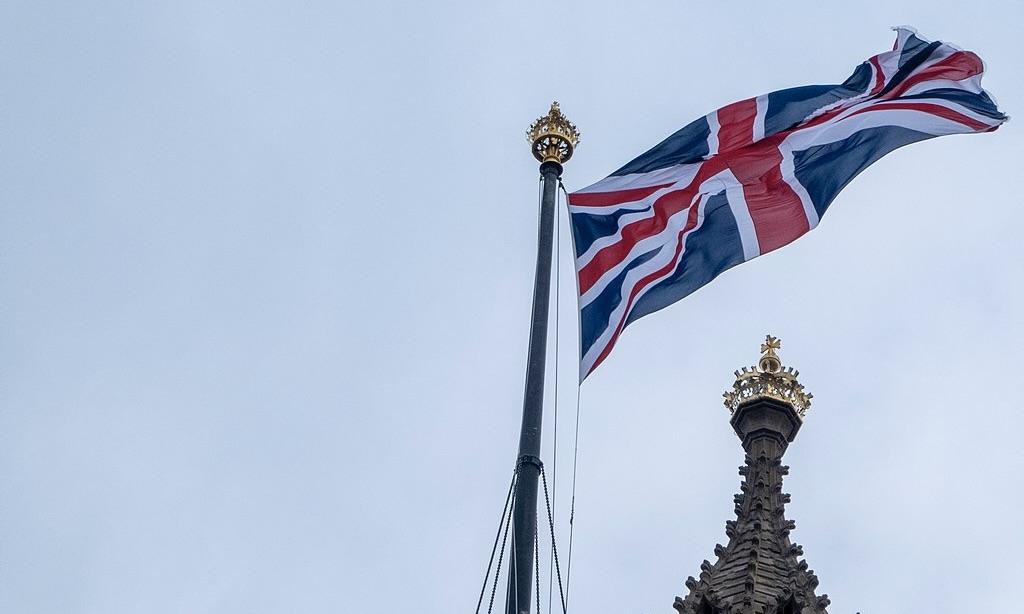In a landmark decision, the United Kingdom has announced an indefinite ban on the use of puberty blockers for individuals under 18 diagnosed with gender dysphoria. The move follows recommendations from medical experts who warned of significant safety concerns and the lack of long-term data on the effects of these treatments.
The ban, which came into effect this week, underscores the findings of a government-commissioned review led by Dr. Hilary Cass. Her report highlighted the “unacceptable safety risks” posed by the medications, which are intended to pause puberty and provide time for young people to explore their gender identity without permanent physical changes. The report also criticized the absence of robust clinical evidence supporting the efficacy and safety of puberty blockers, citing the need for more research before such interventions could be deemed appropriate for minors.
The National Health Service (NHS) emphasized that the decision aligns with a broader shift toward prioritizing psychological support and exploratory therapy for young individuals grappling with gender dysphoria. Critics, however, argue the ban denies vulnerable adolescents access to potentially life-saving medical care.
Backlash and Support for the Controversial Ban
The ban has ignited fierce debate among advocacy groups, healthcare professionals, and the public. Supporters hail the decision as a necessary measure to safeguard the well-being of minors, given the irreversible implications of such treatments. Opponents, however, describe the policy as a regressive step that undermines transgender rights and medical autonomy.
Advocacy groups like Stonewall have expressed concerns over the ban’s impact on transgender youth, with spokesperson Alex Harvey calling it “a devastating blow to young people who rely on medical support.” Conversely, groups like the Society for Evidence-Based Gender Medicine (SEGM) have applauded the decision, arguing that it reflects growing international skepticism about the use of puberty blockers in children.
The NHS stated it would continue to explore alternative methods of supporting young people with gender dysphoria, including expanding mental health services and research initiatives. Meanwhile, families and medical practitioners await further clarity on the next steps for those currently receiving treatment.
Heated Reactions Across Social Media
The decision has sparked a wave of reactions on social media, with netizens sharing polarized views on the matter:
- @TransRightsNow: “Denying puberty blockers to kids is inhumane. The UK is taking a giant step backward for trans rights.”
- @ConcernedParentUK: “Finally, common sense prevails! These drugs have been used recklessly without understanding the long-term damage they cause.”
- @MedicalTruths: “Science should dictate policy. With limited evidence, it’s right to prioritize safety over rushed treatments.”
- @EqualityMatters: “This ban will push transgender youth into crisis. Shame on the UK government for failing them.”
- @HealthFirstUK: “A bold and necessary decision to ensure minors are not subjected to experimental treatments without clear evidence.”
- @ParentAdvocate84: “Supporting mental health services is key. Puberty blockers should not be a first-line treatment for children.”



 CK Hutchison Unit Launches Arbitration Against Panama Over Port Concessions Ruling
CK Hutchison Unit Launches Arbitration Against Panama Over Port Concessions Ruling  Supreme Court Signals Doubts Over Trump’s Bid to Fire Fed Governor Lisa Cook
Supreme Court Signals Doubts Over Trump’s Bid to Fire Fed Governor Lisa Cook  Panama Supreme Court Voids Hong Kong Firm’s Panama Canal Port Contracts Over Constitutional Violations
Panama Supreme Court Voids Hong Kong Firm’s Panama Canal Port Contracts Over Constitutional Violations  Federal Judge Signals Possible Dismissal of xAI Lawsuit Against OpenAI
Federal Judge Signals Possible Dismissal of xAI Lawsuit Against OpenAI  Minnesota Judge Rejects Bid to Halt Trump Immigration Enforcement in Minneapolis
Minnesota Judge Rejects Bid to Halt Trump Immigration Enforcement in Minneapolis  Trump Administration Sued Over Suspension of Critical Hudson River Tunnel Funding
Trump Administration Sued Over Suspension of Critical Hudson River Tunnel Funding  Newly Released DOJ Epstein Files Expose High-Profile Connections Across Politics and Business
Newly Released DOJ Epstein Files Expose High-Profile Connections Across Politics and Business  Jerome Powell Attends Supreme Court Hearing on Trump Effort to Fire Fed Governor, Calling It Historic
Jerome Powell Attends Supreme Court Hearing on Trump Effort to Fire Fed Governor, Calling It Historic  Trump Lawsuit Against JPMorgan Signals Rising Tensions Between Wall Street and the White House
Trump Lawsuit Against JPMorgan Signals Rising Tensions Between Wall Street and the White House  Uber Ordered to Pay $8.5 Million in Bellwether Sexual Assault Lawsuit
Uber Ordered to Pay $8.5 Million in Bellwether Sexual Assault Lawsuit  New York Judge Orders Redrawing of GOP-Held Congressional District
New York Judge Orders Redrawing of GOP-Held Congressional District  Meta Faces Lawsuit Over Alleged Approval of AI Chatbots Allowing Sexual Interactions With Minors
Meta Faces Lawsuit Over Alleged Approval of AI Chatbots Allowing Sexual Interactions With Minors  U.S. Condemns South Africa’s Expulsion of Israeli Diplomat Amid Rising Diplomatic Tensions
U.S. Condemns South Africa’s Expulsion of Israeli Diplomat Amid Rising Diplomatic Tensions  U.S. Lawmakers to Review Unredacted Jeffrey Epstein DOJ Files Starting Monday
U.S. Lawmakers to Review Unredacted Jeffrey Epstein DOJ Files Starting Monday  Missouri Judge Dismisses Lawsuit Challenging Starbucks’ Diversity and Inclusion Policies
Missouri Judge Dismisses Lawsuit Challenging Starbucks’ Diversity and Inclusion Policies 































